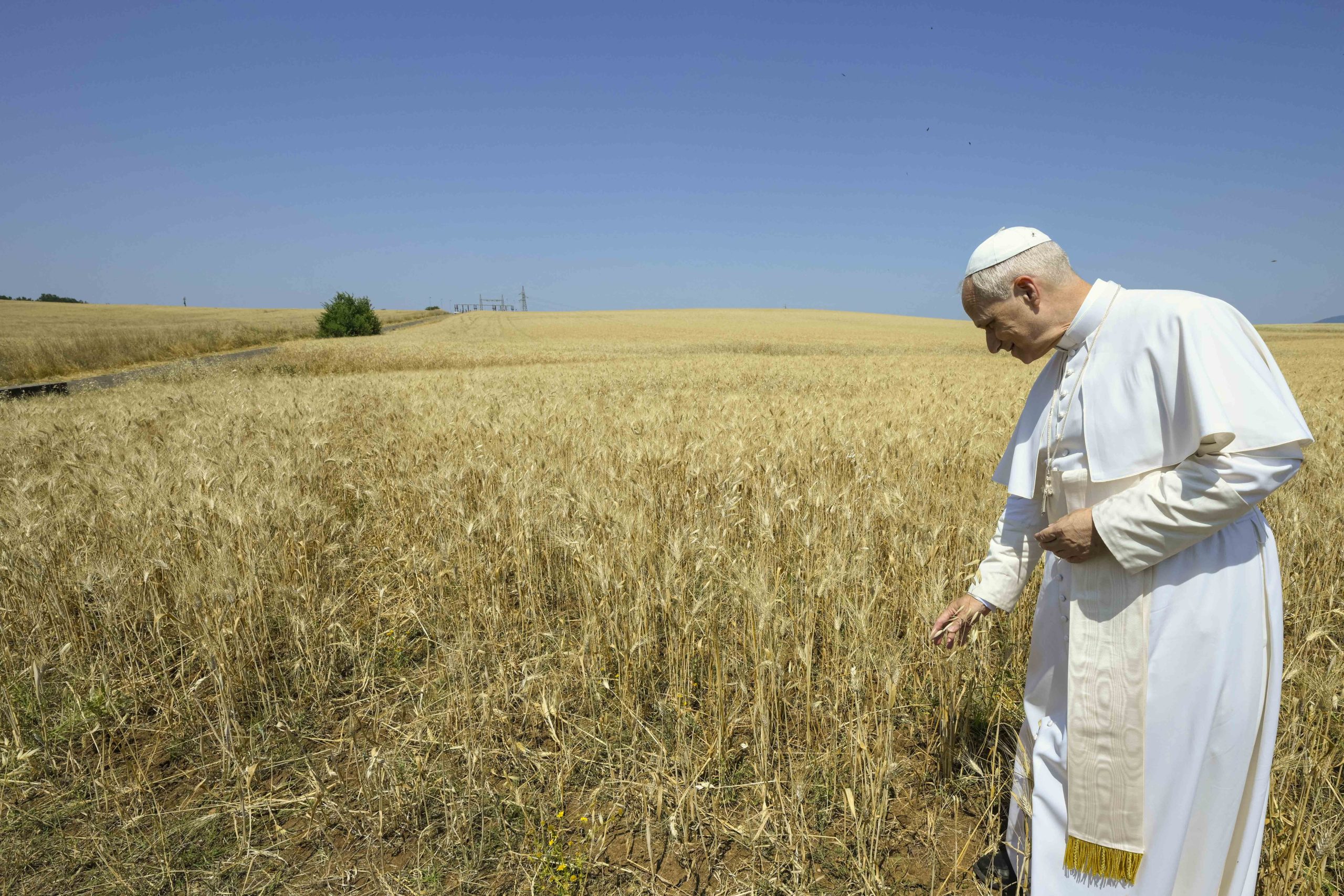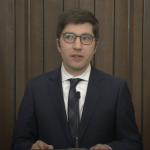ROME (CNS) — Almost a year after Pope Francis set up a commission to develop a large solar-panel array on Vatican property outside of Rome, Pope Leo XIV visited the site and the Vatican Radio employees working there.
The 1,060-acre site about 11 miles northwest of Rome is home to Vatican Radio’s shortwave transmitters and transmission center.
The Vatican press office said the pope visited the property at Santa Maria di Galeria June 19 along with officials from the Dicastery for Communication and the Vatican City State governor’s office.
Meeting the center’s staff, Pope Leo asked about “the operation of the antennas, transmissions and the digital disaster recovery system,” the statement said.
The day was the 43rd anniversary of his priestly ordination, which he and the staff celebrated “with light refreshments,” the press office added.
“Pope Leo emphasized how during his missionary work in Latin America and Africa, it was valuable to be able to receive Vatican Radio’s shortwave transmissions, which reach places where few broadcasters can reach, and he reaffirmed the missionary value of communication,” it said.
“In blessing all those present, he thanked them for the work they carry out with fidelity and continuity, even on a feast day like today,” which in the Vatican is the feast of the Body and Blood of Christ. However, in Italy the feast is transferred to June 22, the day Pope Leo will celebrate Mass at Rome’s Basilica of St. John Lateran and lead the Corpus Christi procession to the Basilica of St. Mary Major. After meeting with the staff, the press office said, the pope also toured the property where “a project for an agrivoltaic plant is being studied to ensure not only the power supply of the radio station but also the complete energy sustenance of Vatican City State.”
In a letter titled “Brother Sun” and dated June 21, 2024, Pope Francis wrote, “There is a need to make a transition to a model of sustainable development that reduces greenhouse gas emissions into the atmosphere, establishing the goal of climate neutrality.”
“Humanity has the technological means needed to tackle this environmental transformation and its pernicious ethical, social, economic and political consequences, and among these, solar energy plays a key role,” he wrote.
Pope Francis appointed two special commissioners to prepare the agrivoltaic system, which is a composed of a series of solar panels that coexist with crops, livestock or both.




